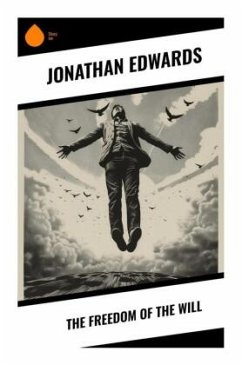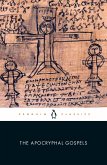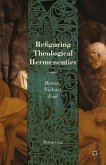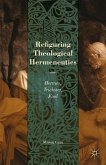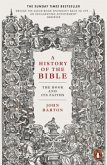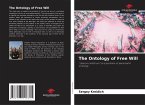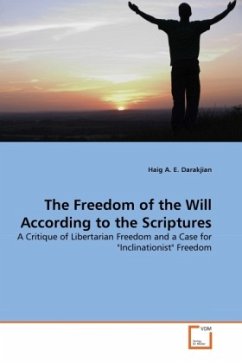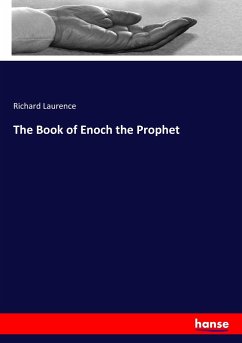In "The Freedom of the Will," Jonathan Edwards engages rigorously with one of the most profound philosophical questions of the 18th century: the nature of human volition and moral responsibility. Utilizing a blend of Puritan theological thought and Enlightenment reasoning, Edwards articulates a nuanced perspective on free will, suggesting that true freedom aligns with acting in accordance with one's greatest desires. His intricate arguments scrutinize the intersection of divine sovereignty and human choice, employing a meticulous literary style that reflects both clarity and depth, making sophisticated concepts accessible to a broad audience. Furthermore, Edwards' work reflects the burgeoning interest in metaphysics and ethics during the period, situating it firmly within the larger intellectual landscape of early American philosophy. Jonathan Edwards (1703-1758), a prominent preacher and philosopher, is best known for his fire-and-brimstone sermons and writings that explore complex theological themes. His upbringing in a fervently religious household, combined with his deep intellectual pursuits at Yale, laid the groundwork for his life-long engagement with the questions of grace, free will, and human nature. "The Freedom of the Will" stems from Edwards' desire to reconcile the prevailing tension between the doctrine of predestination and the liberty of human actions, a debate that was central to colonial American religious discourse. This work is highly recommended for readers interested in the philosophical underpinnings of moral agency and the interplay between faith and reason. Edwards' thoughtful dissection of the will invites readers to reflect on their own beliefs about freedom and determinism. Its timeless exploration offers insights that remain relevant in contemporary ethical discussions, making it an essential read for those seeking to deepen their understanding of human nature and spiritual autonomy.
Bitte wählen Sie Ihr Anliegen aus.
Rechnungen
Retourenschein anfordern
Bestellstatus
Storno

